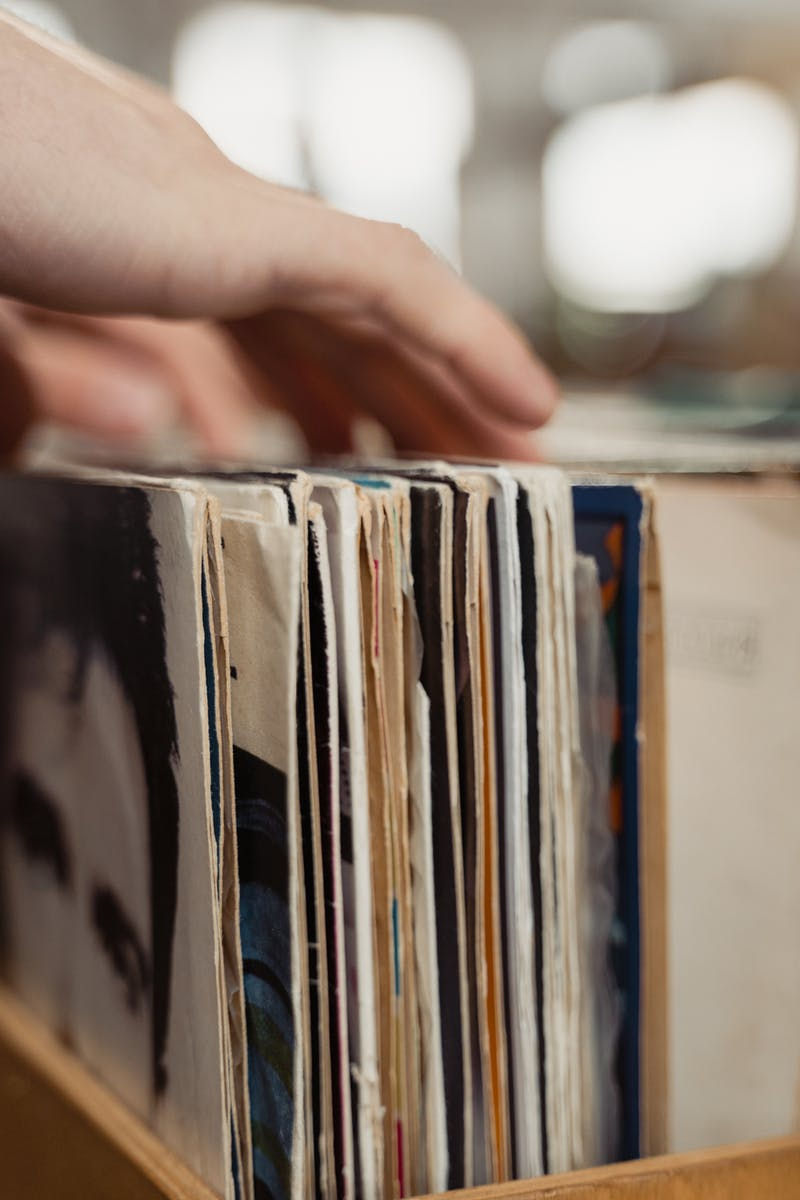By Amanda Gilchrist | 6 July, 2022
There is nothing quite like the feeling of watching an artist you look up to grow into a household name. It is a feeling of pride to watch someone you’ve grown to care about succeed. But, it is also a feeling of distinction knowing you have been present since the beginning of their career; you had supported them when they were just trying to figure it out.
Sometimes a fan’s feeling of distinction bleeds into superiority and this fine line can cross over into the world of gatekeeping.
The idea of gatekeeping in the fandom world is one that I’ve seen exist on the internet since I was a kid in middle school messing around on Twitter. To put a more concrete definition to it, gatekeeping is an attempt to actively limit someone’s exposure or access to a certain thing.
As many of Gen Z’s childhood artists have shot into international superstardom more than ever, their growth has created what I have dubbed, the duality of gatekeeping. It is the realization that your well-kept secret has now been let out. The world has gone and fallen in love with who they are, what they stand for and the music they create just as much as you have. This is what we all want right? We all want the people we idolize and care about to achieve their dreams. But in reality, it’s so much deeper than that.

It can be the most disappointing and sometimes infuriating feeling to watch things pass you by while others who are new to the world of *insert artist here* are doing the things that you used to. Watching new fans going to the tours that you used to be front row at or vinyl selling out in minutes when you have every pressing of the last album; seeing the fanbase change right before your eyes.
At some point, no one knows when an artist has touched the hearts of more people than the material parts of being a fan can keep up with. In essence, there’s a carrying capacity. There are only so many concert tickets, signed CDs, presale codes, and exclusive vinyl pressings. All the things that people have grown attached to as a material representation of being a fan become finite, with an infinite amount of people searching for them.
With this in mind, it begs the question what does it mean to be a fan? Everyone knows it’s not defined as the number of concerts you’ve been to, or how many times you’ve streamed their album. But much of the culture we’ve created today depends on measurable numbers and physical items. We look to the concrete representations of fandom to try and contextualize what this abstract concept looks like.
We look to these tangible things to cope with the absolute mental demoralization that comes from watching other people do the things we wish we could, the things we used to do, thus creating the duality of gatekeeping. Veteran fans are being forced to watch from the sidelines as the people and communities they once felt at home in start to change. It’s a concept that is a lot to deal with, but it’s one that is a byproduct of success. For some people it’s all about the music. For others, the culture or family is where they feel at home.
If community is what matters, shouldn’t growth spur new beginnings, new friendships, new music, new family, and new memories? To beat this so-called duality of gatekeeping, it is important to look for the positives, leaning into these changes instead of pushing them away.
There are so many ways to embrace change. For example, building relationships with newer fans and helping to keep the community a positive space is a key way to ensure that the culture of any fandom is a safe space for everyone involved. After all, everyone was new to the fandom at one point.
Trying to stay away from getting caught up in the numbers is another way to try and ensure that the fandom experience is meeting your needs. Everyone has their own relationship with music, artists, albums, etc. It’s important to realize that not everyone has the desire or means to be involved in every aspect of an artist’s career. That shouldn’t make them any less of a fan, anyone is allowed to be as involved as they choose to be or can be. It’s super easy to get lost in the amount of streams a fan has or the amount of concerts they’ve been to. Whether that number is 0 to 1,000, as long as someone brings positive vibes and support to the table, they deserve that title of fan.

The last key to beating this duality of gatekeeping is simple: embrace positive vibes. I know that sounds dorky and it can be disheartening when things change. But making the active choice to try and find the positives in the situation can make all the difference. It helps build a family. For me, it helps to know I am becoming the person in the fandom that I wish I had to look up to when I fell into this world.
Quite frankly, I think that’s the secret to music for me. Building relationships has been the most beautiful thing I could have ever asked for by joining different fandoms over the years. This is what sets my soul on fire, and I want nothing more than to be able to create the same safe space for others that I have needed over the years.



Comments